🌍 In a hyper-connected, fast, and digital world, more and more people feel the need to rediscover authentic gestures, slow times, and creative spaces. Learning manual techniques such as weaving and macramé is not just a way to preserve a craft tradition, but a true act of personal care, capable of regenerating the mind, reconnecting it to the body, and generating meaning.
Teaching and passing on these ancient arts, thanks to our project Origini, has a value that goes far beyond making with the hands: it means building well-being, identity, and community, one knot at a time.
🧵Manual techniques as cultural heritage to be passed on
Weaving and macramé are part of the intangible heritage of many Mediterranean cultures. In Calabria, these techniques were part of daily family and community life: weaving was done to create clothing, dowries, furnishings, but also to pass on symbols, affiliations, unwritten codes.
Recovering them today does not mean replicating the past, but making it alive in the present, in a new, more conscious, ethical, and sustainable form.
As UNESCO reminds us in its Convention for the Safeguarding of the Intangible Cultural Heritage (2003), these practices have a deep social and identity value and deserve to be transmitted and shared.
UNESCO has recognized Calabrian weaving as intangible heritage since 2018.
🧠 Manual work as a tool for psychological well-being
In recent years, numerous studies have highlighted the effectiveness of craft techniques in improving mental health and quality of life:
- A review published in “Arts & Health” (2022) analyzed over 30 studies documenting how manual activities – including weaving – reduce anxiety levels, improve mood, and stimulate concentration.
- A study published in Frontiers in Public Health (2023) highlighted how creative activities like macramé have effects comparable to those of a meditative practice, activating brain areas linked to well-being and emotional regulation.
- The experience of “flow” – that is, the state of deep immersion in an activity – is one of the most documented effects in working at the loom or with knots: a natural concentration that helps suspend recursive thoughts and enter a state of mind-body harmony.
💡 These findings confirm what experience has taught for centuries: making with the hands frees the mind and restores balance.
“The repetitive gesture of the loom brings us back to a state of deep calm, almost meditative.”
🧘Spirituality, slow time, and meaning: the deep value of “making by hand”
Manual work is also a spiritual act, in the broadest sense of the term.
The repetitive gesture, the raw material taking shape, the time that expands: all this opens a space of deep connection with oneself. In weaving or macramé courses, many participants describe a feeling of “rootedness,” a return to a quieter, more authentic, and alive inner dimension.
This type of work stimulates somatic intelligence, intuition, presence. According to neuroscientist Ian Robertson, craftsmanship activates the prefrontal cortex similarly to meditation, helping to regulate mood and consolidate long-term memory.
It is not just about learning a technique: it is about learning to inhabit one’s time with intention, giving meaning even to small gestures.



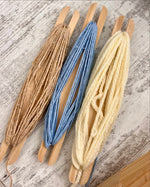


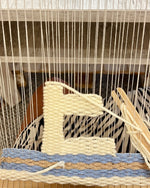
🌿Origini: where manual practice becomes a transformative experience
In the Origini Project of Malìa Lab, weaving and macramé are not just simple creative courses: they are experiential paths built around listening, material, and the natural rhythm of the body.
Through small groups, designed to encourage exchange and slow learning, an immersive experience is offered in environments where cordiality and kindness reign. Each participant is followed by competent tutors, who accompany them step by step in their journey, creating a serene and stimulating atmosphere.
Origini creates a space where craftsmanship and well-being meet: each course is an opportunity to produce something with one’s hands and together rediscover a forgotten part of oneself.
🤝Learning, sharing, transforming: why teaching is a political and relational act
Teaching craft techniques today is also a creative act of resistance.
It means countering the throwaway culture, impersonal production, and speed for its own sake. It means offering tools for autonomy (to build, create, repair), generating meaning, nurturing connections.
“The safeguarding of intangible cultural heritage, as defined in Article 2, is an act of political and moral responsibility.”
Those who learn a technique do not just receive knowledge, but also trust, vision, connection.
For this reason, Origini is not just a creation workshop, but also a transmission: because the future of craftsmanship depends on the ability to form new hands, new perspectives, new communities.
One knot at a time, meaning is rebuilt
Teaching weaving and macramé today means safeguarding a precious knowledge and restoring its value. It means choosing to slow down, to listen, to build with intention.
💛 Origini is the place where this happens.
Where the gesture becomes presence.
Where the technique becomes care.
Where every thread weaves not only a fabric but also a new relationship with the world.
👉 Discover the experiential courses of the Origini Project and start your journey →
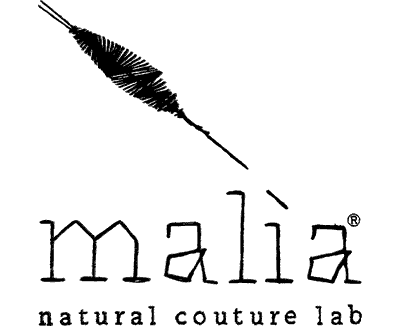
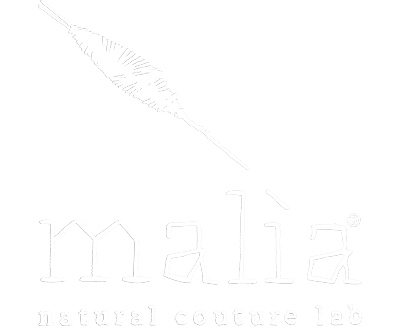
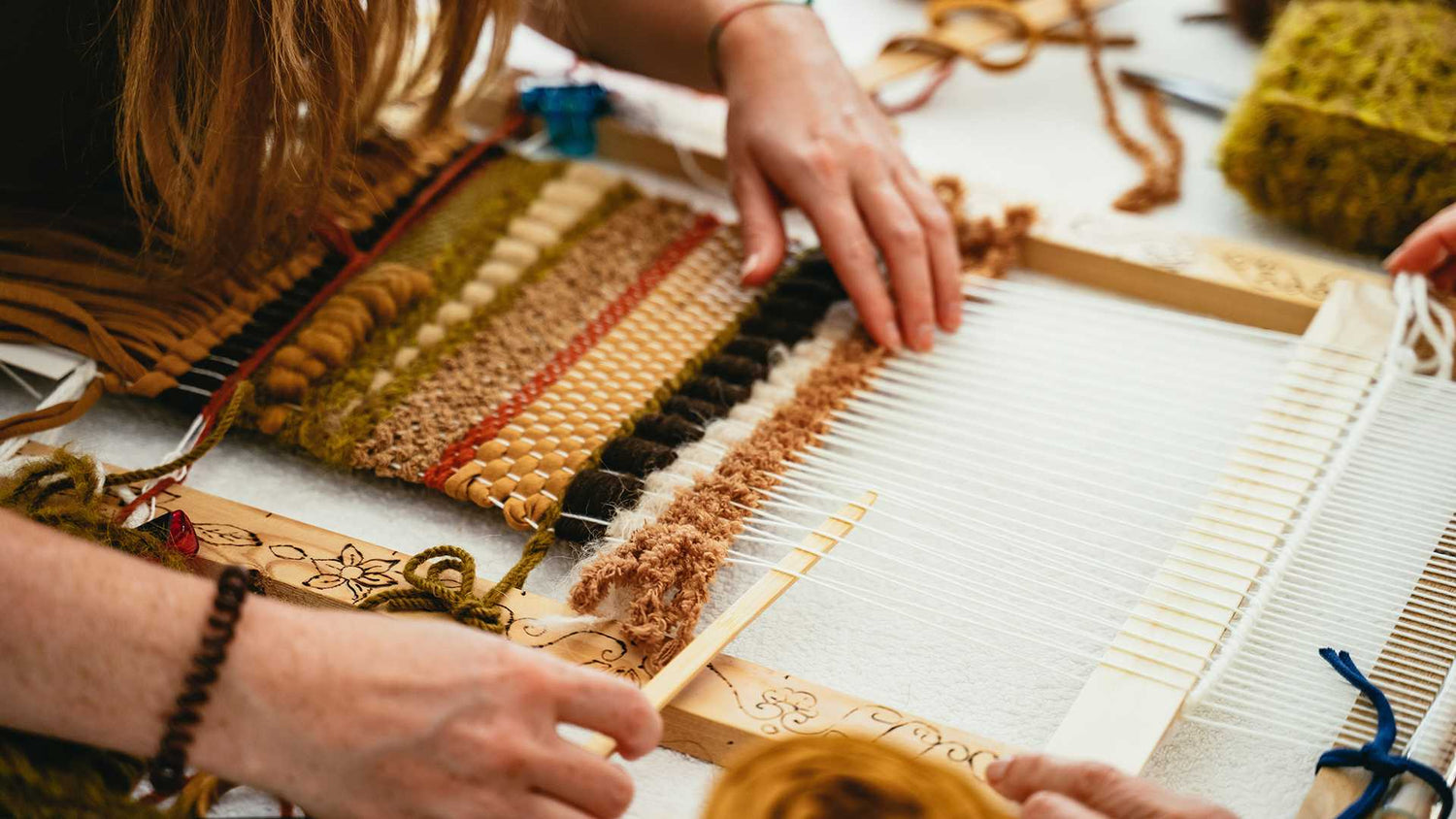

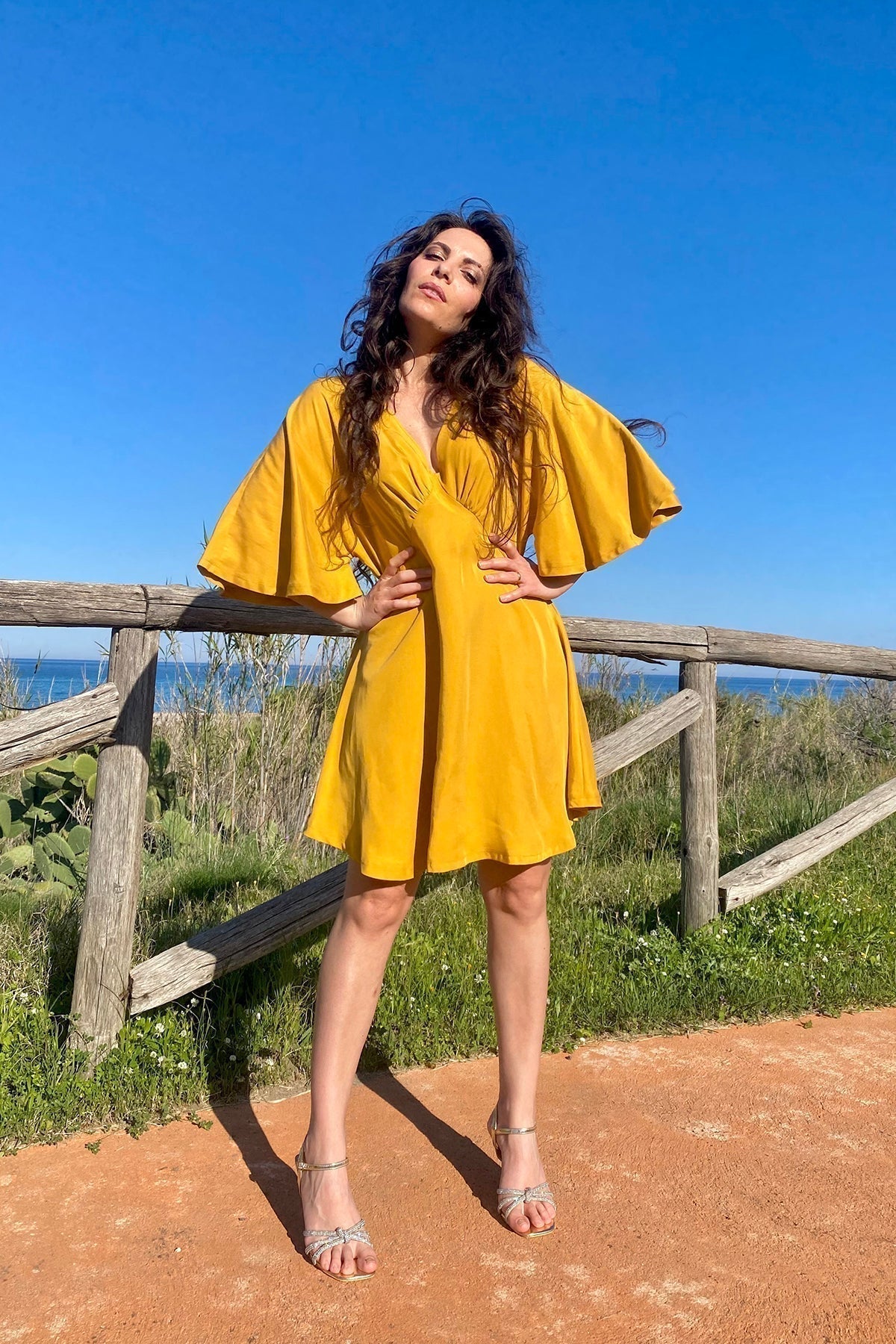
Leave a comment
All comments are moderated before being published.
This site is protected by hCaptcha and the hCaptcha Privacy Policy and Terms of Service apply.